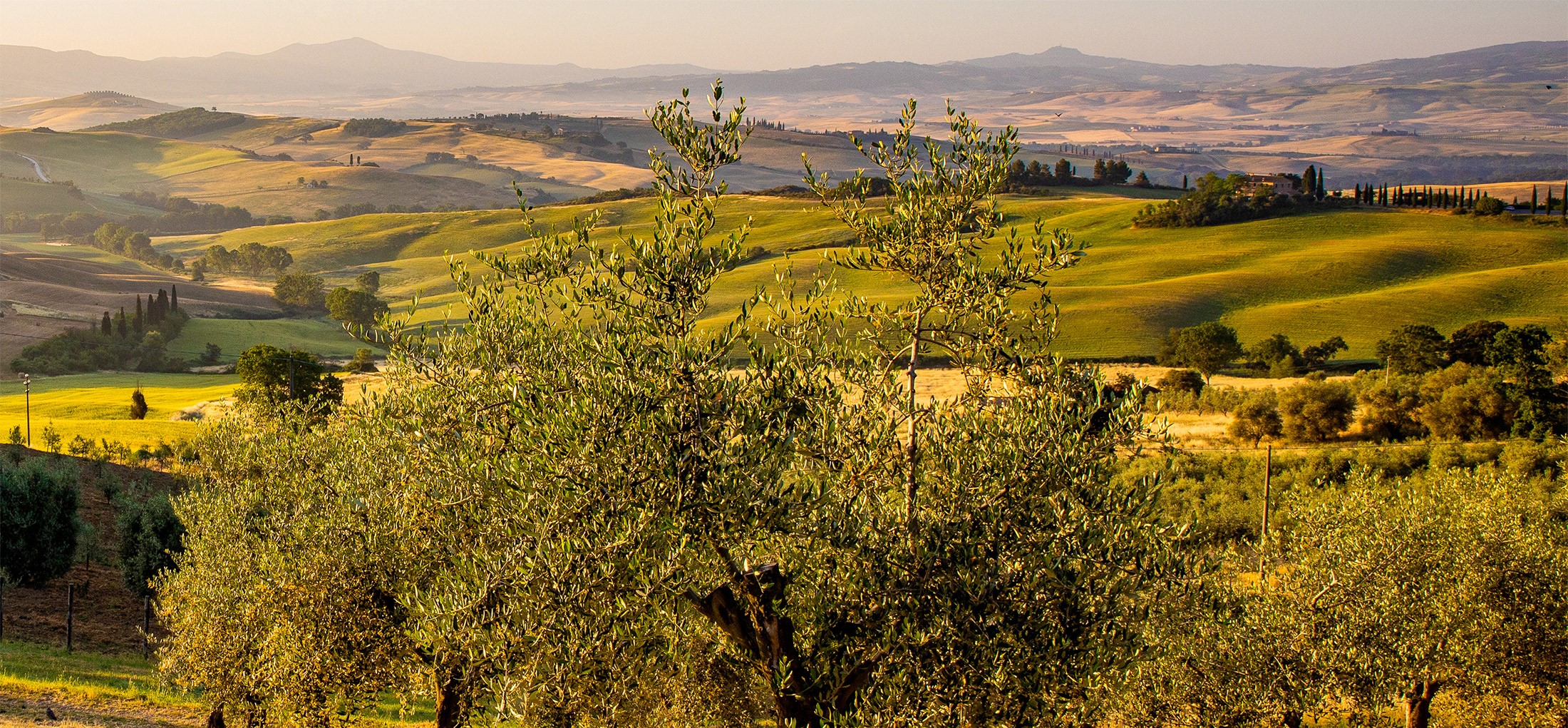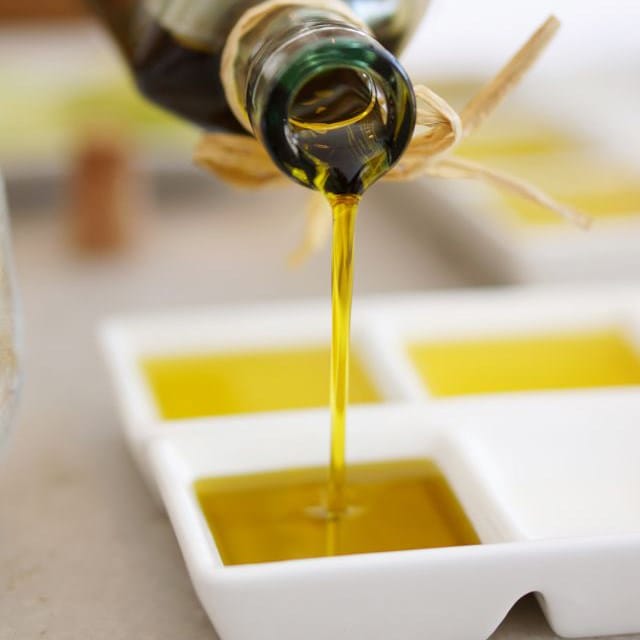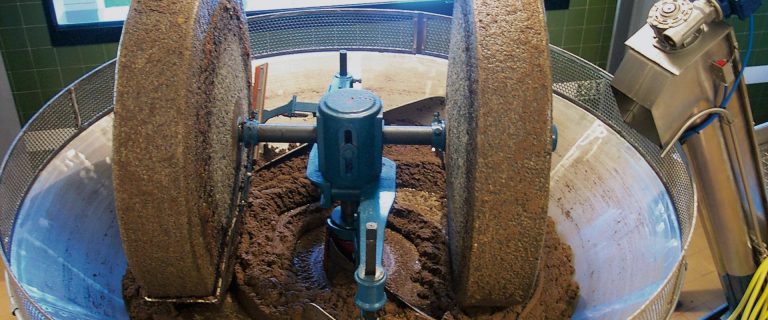
Olive oil and climate change
- Post author:Guest-admin
- Post published:April 14, 2025
- Post category:Approfondimenti EN
- Post comments:0 Comments
Extra virgin olive oil is one of the most precious treasures of Italian culinary tradition, appreciated worldwide for its unique flavor and valuable nutritional properties. Its production process is deeply connected to the land, the climate, and the skillful work of producers who have passed down secrets and techniques of cultivation and milling for generations. In recent years, however, climate change has been putting significant pressure on this supply chain, posing unprecedented challenges on both environmental and economic fronts. Higher temperatures, milder winters, and prolonged droughts can affect the growth of olive trees, influencing the ripening of the olives and, consequently, the quality of the oil. Although olive trees have always been regarded as resilient, they are now finding it difficult to maintain a regular vegetative cycle, particularly in regions experiencing more extreme climate shifts. These conditions force producers to rethink harvest times and methods, as well as invest in new irrigation and plant protection techniques, always with an eye to environmental conservation. Nevertheless, the solution to the climate emergency can also be found in the power of collaboration and innovation: scientific research and a focus on biodiversity, for example, are encouraging many farmers to rediscover ancient olive varieties better suited to withstand adverse weather conditions. At the same time, there is growing commitment to adopting sustainable agricultural models and certifications that protect product quality and the health of the land. Every drop of extra virgin olive oil, born of a complex and fragile ecosystem, carries within it the history of the soil from which it comes. Caring for it means safeguarding a millennia-old culture and, at the same time, doing our part to preserve the environment and future generations.






